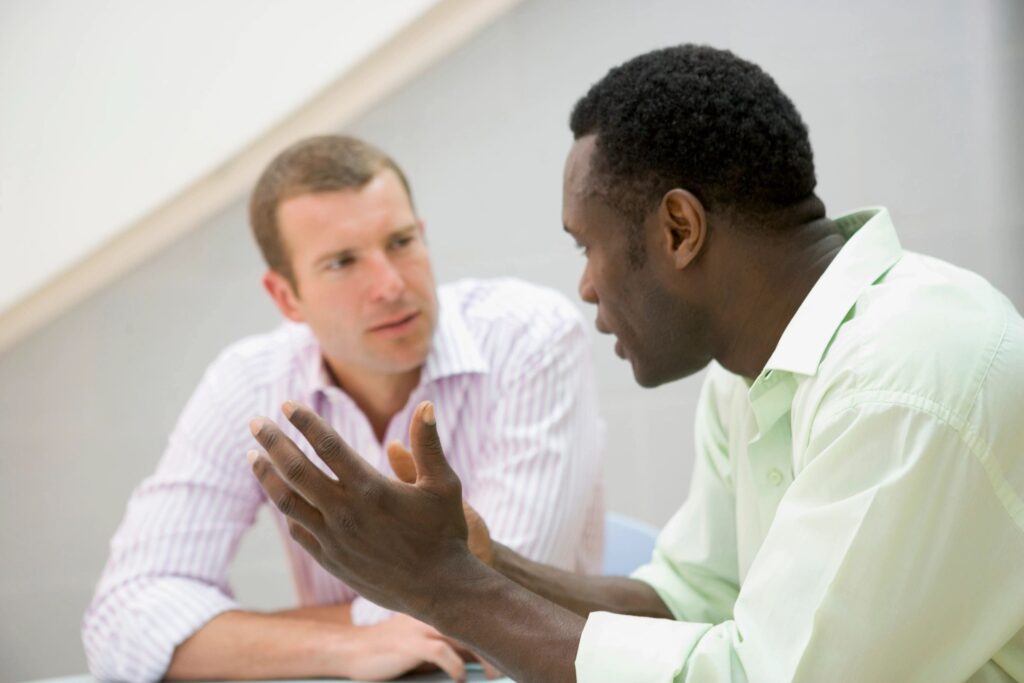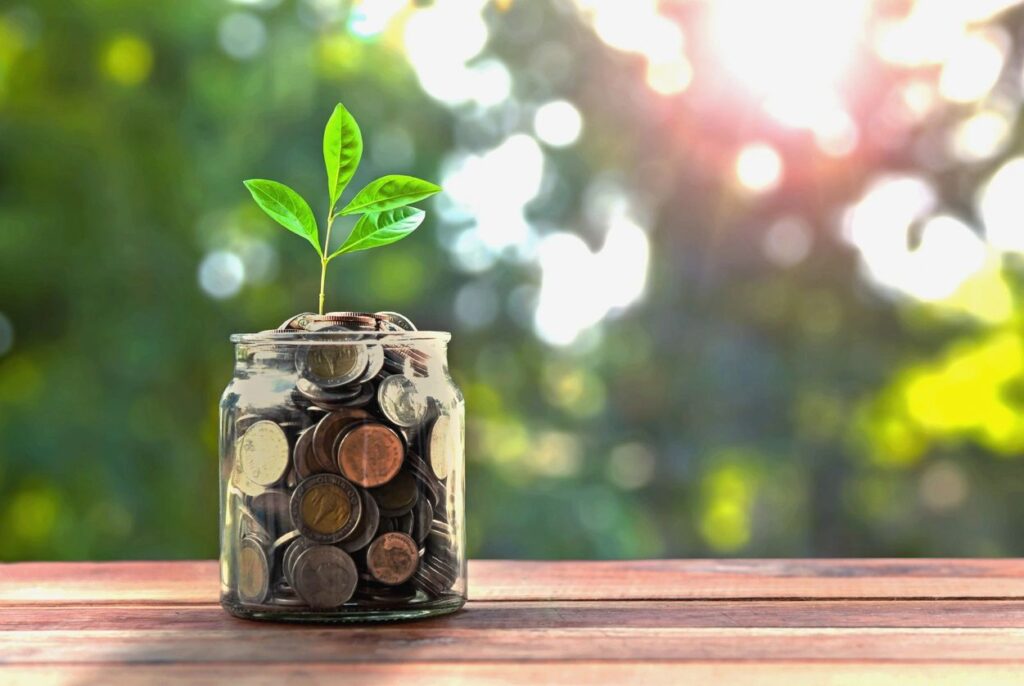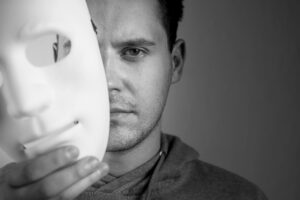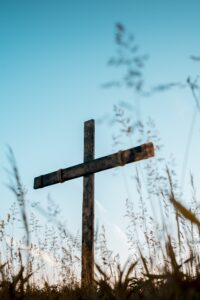By Duane Donner
It is, unfortunately, a common story: After a lifetime of building a successful business, a man or woman sells what they created and retires to live “the good life.” Pretty soon, they realize there is really nothing that wonderful about not working. Throughout their life they have defined themselves by their business and they have structured their day around doing what their business requires. Then, suddenly they are nobody with nothing worthwhile to do. So much for the “golden years.”
No matter what your vocation is before retirement, one key to a fulfilling retirement (and, thus, a longer life) is focusing one’s energy and enthusiasm on what your legacy will be, preferably choosing to strive for a godly legacy, something bigger than yourself. Do this and the last 20-30 years of your life can be the most glorious of the entire show, rather than a slow slouching toward death surrounded by toys, trips and trinkets. This advice is particularly pertinent to high-capacity people, like former business owners and CEOs, who often have plenty of capacity left when they retire – and, accordingly, have more to give.

For the last five years, I’ve been leading a two-day retreat of high-capacity leaders, many of whom are approaching retirement age or financial status. One goal of the retreat is to help them explore the next chapter of life and develop a purposeful vision, a “Heritage Vision,” in the sense of the Proverb, “without a vision, the people perish.” I really believe that people perish without vision, especially those who have the energy and intelligence to build a business. Our objective at the Heritage Forum is to equip participants with a unique vision and purpose that will allow them to build a godly Heritage, one that leads to a lasting legacy – their part in building the Kingdom of God.
But, what is a godly Heritage or legacy? Heritage is what you are doing and building now that will be passed on to the next generation. Your legacy is how you will be remembered and the impact your life will continue to have once you are gone, i.e., whether the things you planted continue to bear fruit after you have been planted. That is, we build a heritage and leave legacy. Committing ourselves to building a godly Heritage and leaving a godly legacy – and doing the planning, activities and accountability required to honor that commitment – is an honorable goal for the last quarter of one’s life. This is not only right and good, I believe it is true fulfillment that leads to a joyful life, because happiness is living with purpose and significance and doing God’s will.

How do you begin to clearly understand your godly purpose and Heritage? One way is by seeing/visualizing the preferred picture of your unique future – the impact you want your life to have on your family, friends, community and spheres of influence – developing your Heritage Vision.
There is something powerful about Steven Covey’s principle of beginning with the end in mind. We begin our retreats with an exercise that helps participants “see” their preferred picture of the Kingdom of God: We ask each person to write his or her eulogy. What would your spouse, kids, friends, colleagues and community say at your funeral and what would you want them to say about you. What is the gap between what they say and what you want? And how do you address this gap in the life you have left to live? This is a powerful and life changing exercise that clarifies priorities, purpose and vision.
We encourage participants to think about their life and Heritage Vision within the framework of five types of capital:
- Spiritual Capital: based on the relationship we have with God. The most valuable of all the capitals. It’s measured in wisdom and power. Those with an abundance of spiritual capital are better able to see the “big picture” that is not distorted by fear, greed, jealousy and other powerful forces that take our eyes off of God.
- Relational Capital: the relational equity (or trust) we’ve built-up (or eroded) with others – the quality and depth of our relationships. It’s measured in influence and impact. That is, people who arrive at the final stage of life with the love and respect of others are more likely to find people willing to help them make a difference in the world.
- Physical Capital: the time and energy we have available to invest. Time is the great equalizer. We have one life to make the most of. It’s measured in hours and minutes. The healthier we are, the more likely we are to be able to make the best use of the time we have remaining.
- Intellectual Capital: the creativity, knowledge and wisdom we have available to invest. The skills and competences we learn allow us to thrive in life. It’s measured in creativity and insight. Lifelong learners can see opportunities that others can’t and can find ways around obstacles that are hidden to others.
- Financial Capital: the monetary-tangible resources we have available to spend or invest.
It’s about stewarding well all the resources we have. It’s measured in dollars and cents. The more financial resources we have, the bigger the responsibility and typically the greater the opportunity to make a meaningful impact with your financial resources.

It’s especially important to have our priorities and “capitals” in the right order, which many times is different than how our culture suggests, especially as we approach the last quarter of life. Thus, spiritual capital is first on the list. To seek God’s best for us, we must get our spiritual grounding first when transitioning from the working world to a post-work period. Business owners/leaders often have a challenging time making this transition to “retirement,” as they’ve spent their lives building organizations by making things happen, head-down running at a fast pace. They typically have developed valuable skills and built a meaningful relational network along the way. As they move toward their transition to retirement, they typically have more financial resources, knowledge, wisdom, relationships, connections and time (capitals) than they ever have had before. So why would they not figure out how to put all of this to good use as they transition to the next chapter?
Do you notice that most people see their best years are behind them when they get into their 50’s and 60s? I believe the last chapters of life can be our most joyous and productive if we have the right perspective – a Heritage Vision – and get our lives in the right order. God’s priorities are typically counter to what we see in secular world. That is, people focused on “getting ahead” in the world often put money, leisure and “smarts” at the top of the list and spiritual and relational health at the bottom. Perhaps the commonly held, worldly ordering of priorities is wrong. As Jesus said, in His Kingdom, the first shall be last, and the last shall be first.
Jesus was not just a simple carpenter. He was a builder. He built the most successful enterprise the world has ever seen. I believe He knows how to build my life better than I do. “God can do immeasurably more than we could ever ask or imagine through His power at work in each of us.” (Ephesians 3:20)
So, once we have evaluated the strength or weakness of each of our capitals, we marshal them to help us plan and do the work to leave a godly legacy. People who can do this can have an extraordinary experience the last 20-30 years of their lives, and have an extraordinary impact on the world and those close to them.
But, not many people talk about this, or think about it. Many formerly successful retirees just drift off into the sunset – aimless, a shell of the once strong person they were. The shame is that business owners and leaders usually have lots of capacity left when they stop working. They have the things – time, money, relationships – that they did not have when they were building their businesses. They finally have the capacity to do something that really matters, such as putting their capital and blessings toward a purpose that is multi-generational and eternal. I believe this is where we find the most joy and have the biggest impact to glorify God and make themselves and the world a better place.
About the Author
Duane Donner is founder and CEO of Founders Advisors, an investment bank based in Birmingham, AL. He leads a team of over 40 M&A professionals across three offices and six practice teams focused on serving clients with excellence in a relational values based approach summarized best by the “Golden Rule Plus” to “Treat others better than you would expect to be treated.” Duane serves on several community-based ministry boards including Highlands College www.highlandscollege.com and Bridge2Rwanda www.bridge2rwanda.org. He has been actively involved in lay leadership at Church of the Highlands www.churchofthehighlands.com since 2001. Duane also founded the Heritage Forum heritageforums.com in 2016 to help inspire, educate and equip high capacity leaders to reach their full God given potential in the area of Heritage and Legacy.






